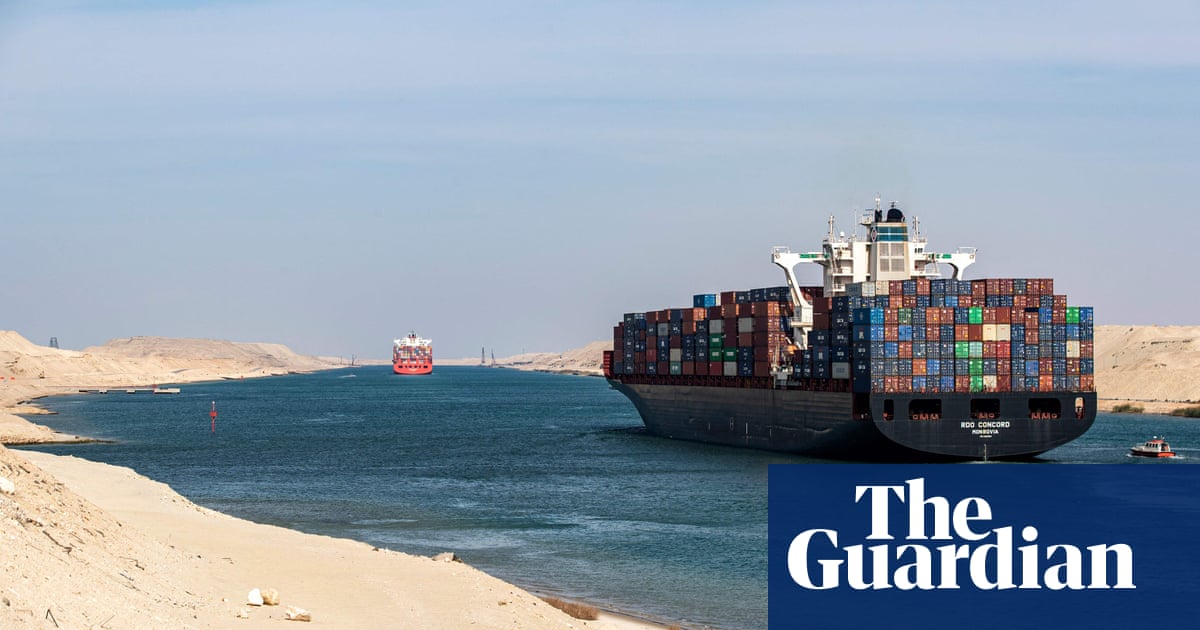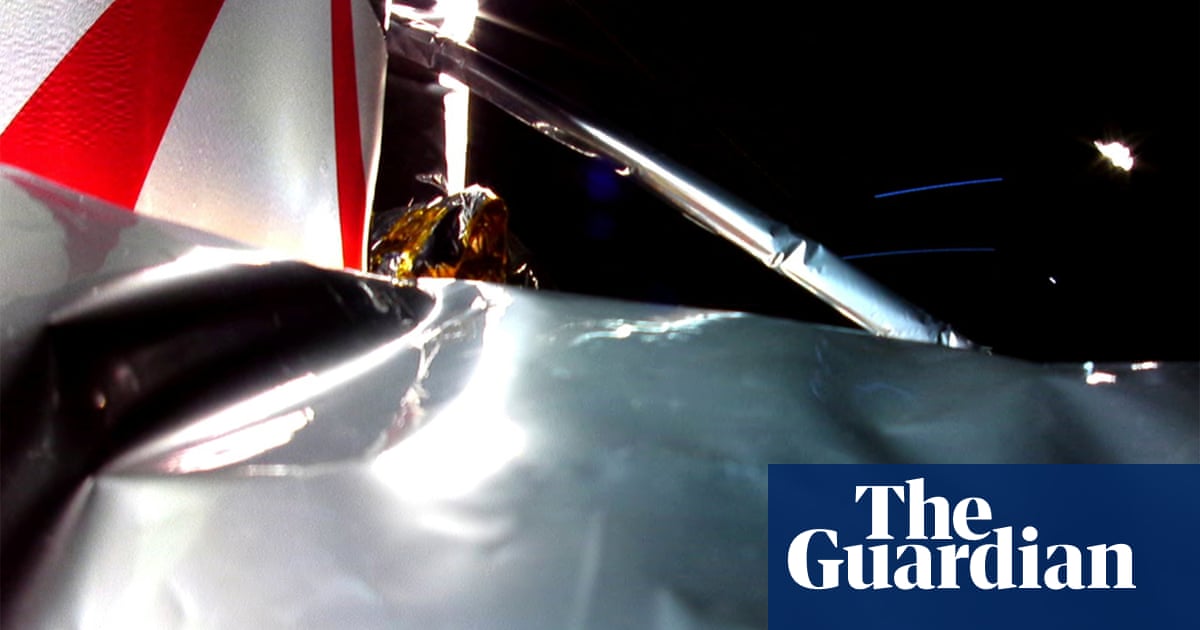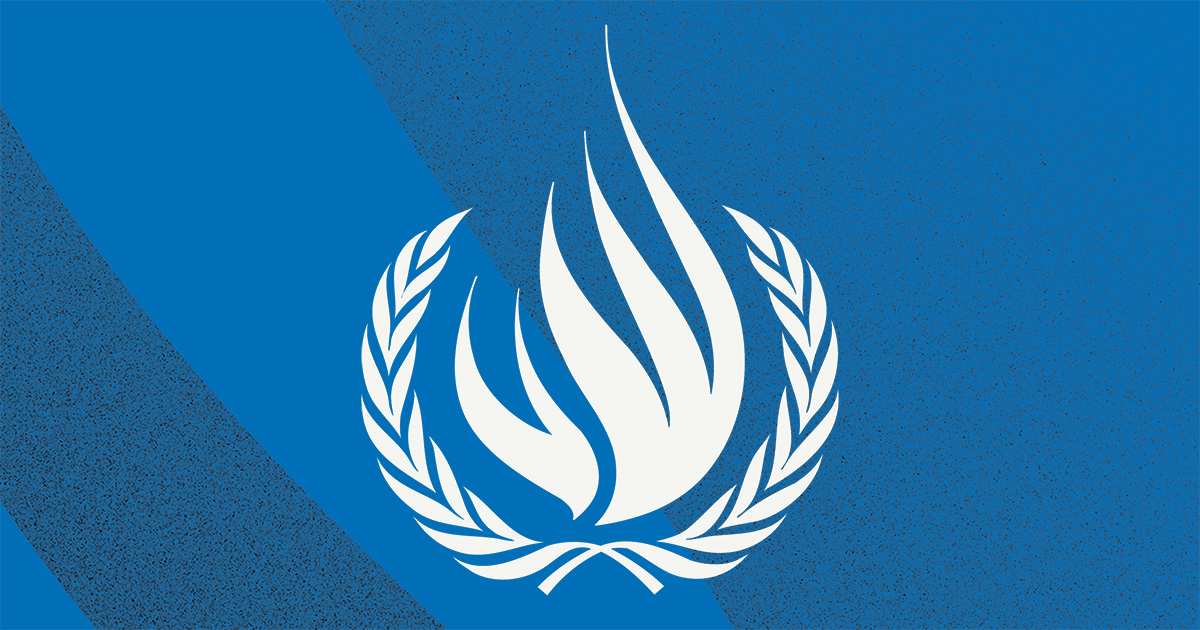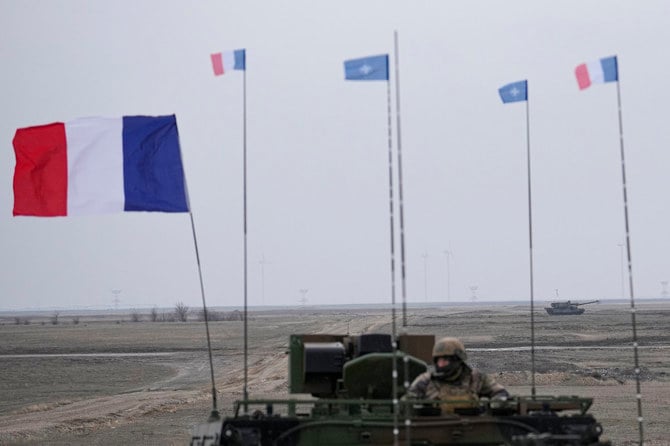
If Turkey had not felt so threatened by the Soviet Union in late 1940s and early 1950s, would it now be part of the Western bloc? If not, what would be the country’s position in the international community?
The establishment of the North Atlantic Treaty Organization (NATO) was a direct result of the security concerns of the US and western Europe about the Soviet Union. The factor that motivated Turkey to become part of the organization was that serious Soviet threat it perceived. Ankara’s move to join NATO not only shaped Turkish security policies but also its relations with the rest of the world. At that time, Turkey was following a path of Westernization and modernization. Aside from the material factors, the ideological aspect fueled by becoming part of a Western world resulted in Turkey becoming a crucial member of NATO.
As the organization celebrates its 70th anniversary year, the leaders of the 29 member nations gathered for a summit this week in London. It took place under the shadow of very public squabbles between some of the most prominent member countries, disputes that have threatened to undermine the credibility of the military alliance. US President Donald Trump had described NATO as obsolete, while French President Emmanuel Macron said that it is suffering “brain death,” comments that drew reactions from several fellow members.
In addition, the summit was marked by a disagreement over Syria between Turkey and France. The latter criticized the former for its cross-border offensive in northeast Syria, targeting Kurdish militias, and said Ankara’s attitude toward the group is detrimental to the efforts of its NATO allies deployed in Syria and Iraq.
Turkey’s position has been clear throughout this dispute, and Trump has expressed his support for Turkish counterpart Recep Tayyip Erdogan. Referring to the Turkish reaction to Macron’s comment about NATO, Trump said: “Turkey responded by saying he was brain dead, which is interesting,” Trump said of Macron’s comments. “I think that’s very insulting to a lot of different forces, including a man who does a very good job in running NATO.”
Just a few weeks after celebrating the 30th anniversary of the fall of the Berlin wall, an event that symbolized the end of a bipolar world, the identity crisis within NATO has escalated through the recent brickbats traded by the leaders of member states. It is as if the external threat has been eliminated, so now the members are turning on each other.
However, that external threat is still out there and the members know it, as was made clear by their joint declaration at the summit. “Russia’s aggressive actions constitute a threat to Euro-Atlantic security; terrorism in all its forms and manifestations remains a persistent threat to us all,” they said.
After the summit, NATO Secretary-General Jens Stoltenberg made it clear that Turkey’s purchase of a Russian S-400 missile defense system was in no way compatible with membership of the alliance.
Turkey’s strategic location is something that neither East nor West can ignore. It is the only NATO member state bordering Syria, Iran and Iraq, and the closest pathway from Europe to the Middle East. It controls the Bosporus, the Marmara Sea and the Dardanelles between the Black Sea and the Aegean Sea, which is linked to the Mediterranean Sea. Given all of this, Turkey has been a strategic asset for the West in terms of access and security. More importantly, its military power and geographical proximity to Russia and the Black Sea makes the country a crucial player against Russia for NATO.
Turkey has made significant contributions to NATO since the establishment of the alliance. Turkish troops fought alongside Americans during the Korean War between 1950 and 1953. It gave the US permission to place military bases on its soil. It took part in Operation Allied Force against Serbia in 1999. The Turkish army was also part of NATO peacekeeping forces in Bosnia and Kosovo. It recently took part in operations by NATO countries targeting Daesh.
Turkey’s strategic location is something that neither East nor West can ignore. It is the only NATO member state bordering Syria, Iran and Iraq, and the closest pathway from Europe to the Middle East.
Sinem Cengiz
Despite all of this, Turkey is not regarded in the way it feels it should be among the Western alliance, which has prompted Ankara to break ranks and make independent decisions in its approach to Russia, especially in Syria. The Astana peace process is a perfect example of this.
Alliances between countries are created to serve a common purpose or respond to a common threat. In recent years global threats and balances have shifted, in the Middle East in particular. Turkey’s decision to prioritize its own national security interests does not constitute a valid reason for the country to be kicked out of NATO, of course. However, suggestions by critics that NATO and the UN are outdated organizations are no longer secretly whispered behind closed doors but shared publicly.
Erdogan has said a number of times that “the world is bigger than five,” in reference to the long-standing permanent members UN Security Council: The US, Russia, China, the UK and France. In other words, the world cannot be shaped by the decisions of these countries alone — others should also have a say.
This is an increasingly public criticism being voiced around the world in an effort to find a way to stabilize the international system.
Sinem Cengiz is a Turkish political analyst who specializes in Turkey’s relations with the Middle East. Twitter: @SinemCngz
Disclaimer: Views expressed by writers in this section are their own and do not necessarily reflect Arab News" point-of-view












